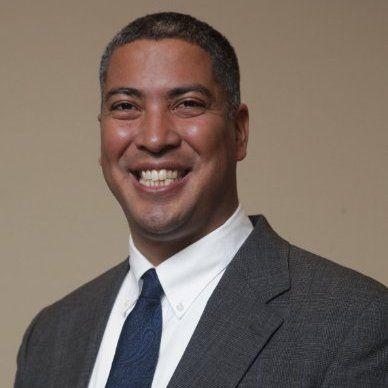Scientific Storytelling is a method of taking all of the complex information you have about a subject and turning it into a simple, easy to understand concept by anyone, from a professor to your grandmother. While Rafael Luna, an instructor at Harvard Medical School in the Department of Biological Chemistry and Molecular Pharmacology and Chief Executive Officer for Luna Scientific Storytelling LLC , did not create the method of storytelling, he hopes to explain in an accessible way how students and scientists can incorporate the idea into their works.
Luna aims to make telling stories in the scientific field easier in his new book “The Art of Scientific Storytelling.”
As a University alumnus with a Ph.D. in biological sciences, with a concentration in microbiology, Luna is coming to campus to explain the theory behind Scientific Storytelling.
“It takes sophisticated data and makes it simple to scientists in your field and also the public,” Luna said.
Before the method of storytelling was conceived, Luna hit a speed bump after having a paper he worked on for two years rejected. After working with major professors in different interdisciplinaries and speaking entirely different languages and styles, the paper failed to flow and get a common theme across.
After the rejection, Luna decided to start a creative writing class to become a writer, something he wanted to do from the time he was young. After he received a critique on his first story from his professor, he started to notice common issues between his story and the report he wrote.
“When I went back and really thought about it, I saw that the story was not there,” Luna said. “I realized I had three stories in one.”
Upon realizing the error, Luna set forth to fix the paper. After making tweaks and establishing a goal, the paper began to work.
“It wasn’t Greek anymore. For the first time it started to make sense,” Luna said.
The theory behind Scientific Storytelling comes from the roots of where Luna came from and grew up. Originally Luna’s love was for humanities, such as English. As the first person in his family to go to college, scholarship opportunities were limited to students majoring in science classes; therefore, Luna decided to choose a chemistry major. It was not until taking a biology class that the information began to click, and he fell in love with the material. He then switched his major after finding great success with the information.
Luna will be presenting to the public Thursday at 10 a.m. to 11:30 a.m. in the Howe-Russell Geoscience Complex. In addition, some select graduate students will partake in a hands-on workshop with Luna to work the method into their writing and research.
Alumnus to present of Scientific Storytelling
By Riley Katz
June 24, 2015





